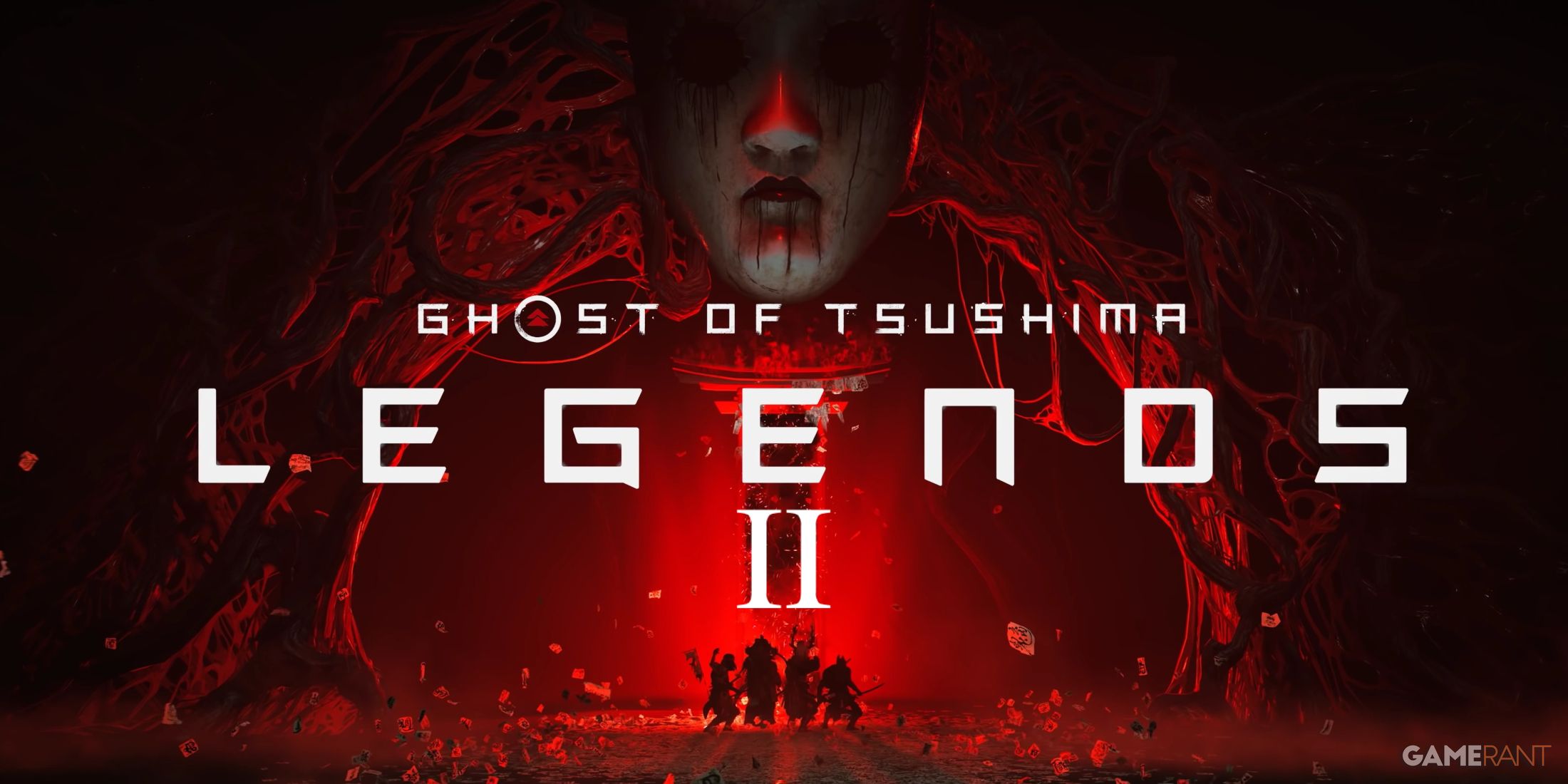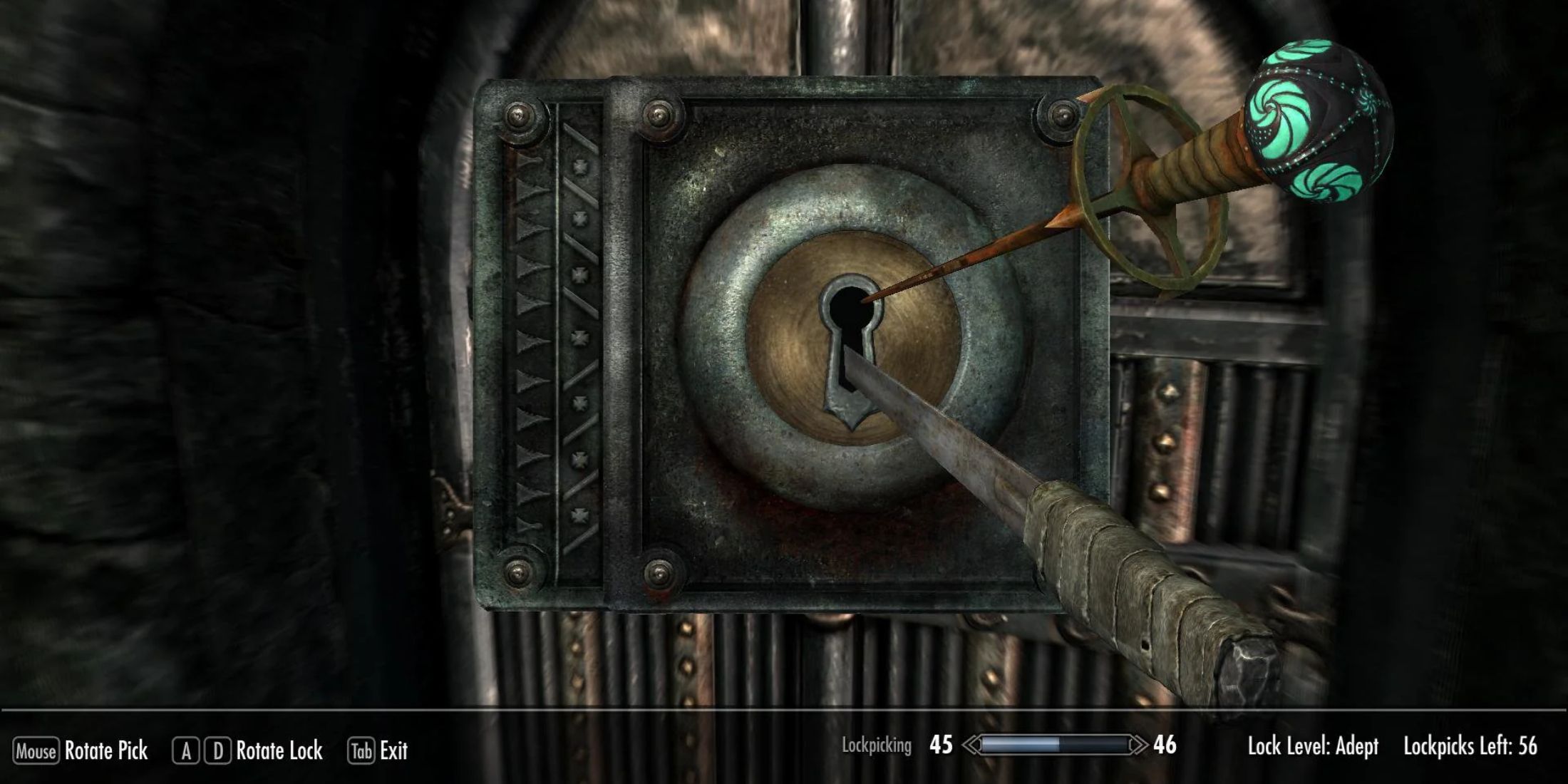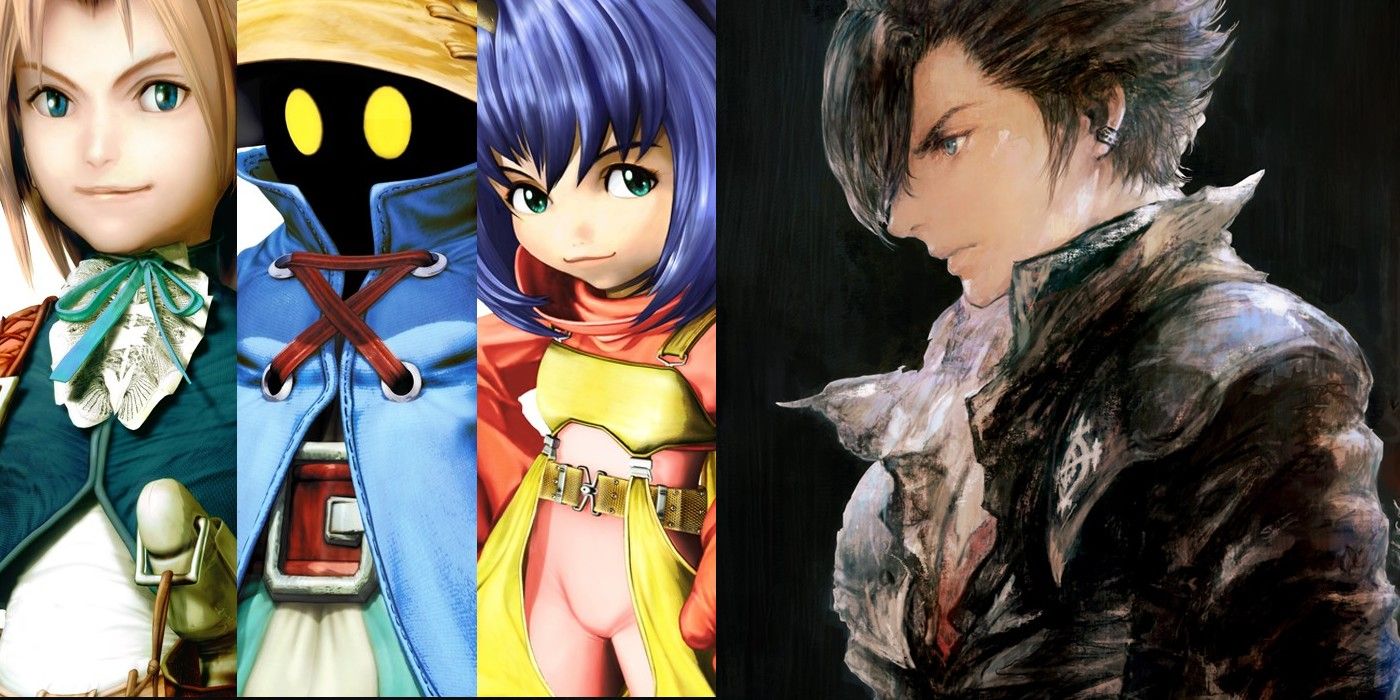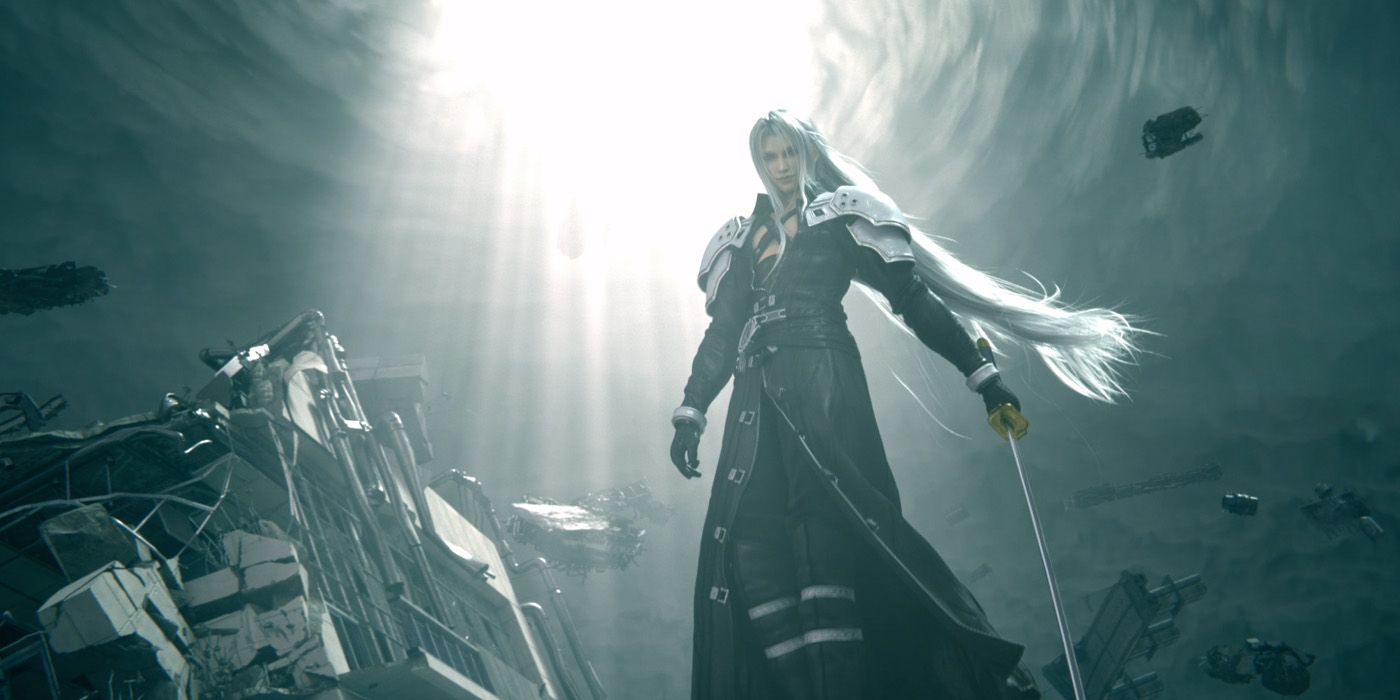Final Fantasy is one of the most popular and iconic franchises in gaming. It's wide variety of stories and gameplay styles has captivated many fans for decades. As publisher Square Enix continues to bring more Final Fantasy games from its older catalogue to Game Pass it is also maintaining PlayStation exclusivity for newer games. This seems like a strange strategy for a franchise with a wider appeal than just to PlayStation players.
Final Fantasy 10 just hit Game Pass, joining other classic titles like Final Fantasy 12, FF7, and the remastered version of FF8. Square Enix has been slowly bringing more and more of its Final Fantasy franchise and its spinoffs like Kingdom Hearts to Xbox and PC. Previously there was a pretty large disparity in their availability on Microsoft platforms versus Nintendo and Sony. Most consider this a good move as it can introduce more fans to the franchise and help veteran ones enjoy higher fidelity on high-end PCs.
Sony Exclusivity for New Final Fantasy Games Seems an Odd Choice.
Simultaneously, Final Fantasy 7 Remake had its exclusivity to PlayStation extended. Its inevitable sequel and the upcoming Final Fantasy 16 are also confirmed to both exclusive to Sony's console. This feels like a strange decision, to introduce Final Fantasy to a wider audience as whole while keeping its newest games locked to one system. Especially given how difficult it can be for many to even obtain a PlayStation 5, it feels odd to limit who will be able to play new Final Fantasy games.
This strategy for Final Fantasy to keep new games exclusive could come back to bite Square Enix. Sony is likely eager to retain the exclusive rights to a franchise that many fans intrinsically associate with PlayStation. Since the release of the PS1, the bulk of Final Fantasy games (specifically mainline titles) were released on Sony platforms before any others. Final Fantasy 13 was the first mainline game to release on multiple platforms at once, releasing on both PS3 and Xbox 360.
Sony's desire to keep Final Fantasy associated with its platform makes obvious sense. However, it's not immediately clear how it is advantageous for Square Enix (outside of Sony likely paying Square Enix for exclusivity). With Square Enix planning a slew of new games over the next few years, the decision to limit its most recognizable franchise to one console seems like a counterintuitive decision. While purely speculative, its likely that a pricey deal was reached between Sony and Square Enix to keep new Final Fantasy games exclusive to PlayStation for the foreseeable future.
Square Enix did have a solid fiscal year. A large part of that was due to the commercial success of Final Fantasy 7 Remake so it seems like Square Enix can succeed while keeping its major Final Fantasy releases exclusive to PlayStation. But keeping new releases like FF7 Remake Intergrade strictly on the PS5 for now could hurt over time. Overall there seems to be two conflicting goals at work. Keeping new Final Fantasy titles on the PlayStation while bringing in new fans and expanding availability of older titles are disparate ideas that Square Enix seems to be embracing simultaneously.
Final Fantasy 16 is in development exclusively for the PlayStation 5.





